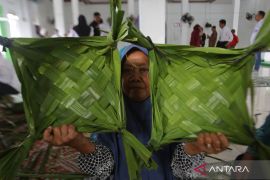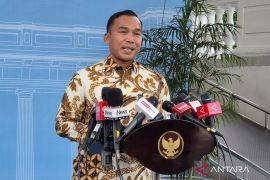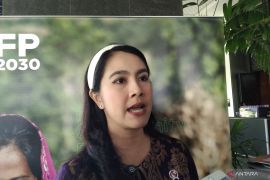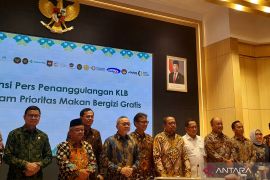The delegation was led by Chairman of the National Family Planning and Population Agency (BKKB) Sugiri Syarief, Uung Kusmana, a spokesman of BKKBN, said here Saturday.
According to Uung, this year`s session themed "Fertility, reproductive health and development" was participated in by 47 countries joining in the Partner Population Development (PPD) and the United Nations Fund Population Agency (UNFPA).
In the meeting, BKKBN Chairman Sugiri Syarief presented a paper on the population issues in Indonesia, including on the birth rate and reproductive health.
"The maternal and infant mortality rates in Indonesia have gone down from those in 1970s, however the decrease has slowed down," he said.
Indonesia, according to him, is currently facing two serious reproductive health problems, namely high maternal mortality rate and HIV/AIDS phenomena.
The government is implementing the Family Planning revitalization program, improving the access to quality health services for pregnant women, and intensifying the HIV/AIDS prevention program.
Indonesia has reminded the advanced nations to support the fertility and reproductive health programs in developing countries though just international cooperation, according to Uung.
The country`s delegation in the UN meeting consisted of officials of BKKBN, the health ministry, the women`s empowerment and child protection ministry, the foreign affairs ministry and the National Development Planning ministry.
Originally established in 1946 as the Population Commission, the Commission on Population and Development in its present form results from a revitalization exercise carried out in the aftermath of the International Conference on Population and Development (ICPD) held in Cairo in 1994.
That revitalization, spelled out in the UN General Assembly resolution 49/128, expanded the membership of the Commission from 27 to 47 Member States, and increased the frequency of its Sessions from biennial to annual. (*)
W004/HAJM/F001
Editor: Jafar M Sidik
Copyright © ANTARA 2011











